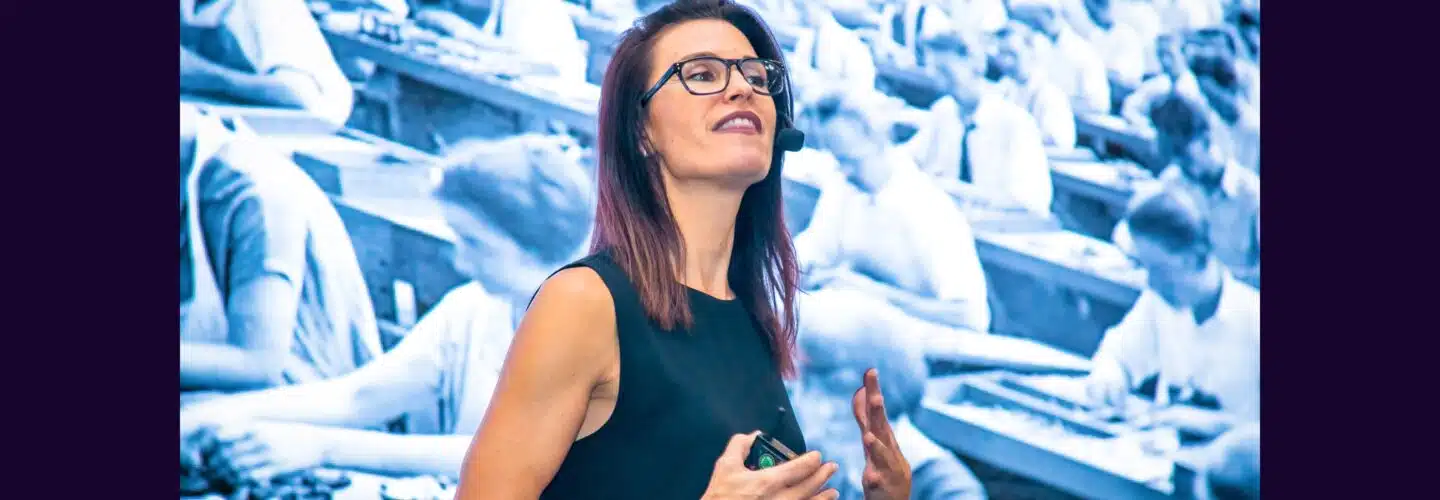Well-being prioritized in the workplace
Sunny said that our well-being is our whole being. To be well, we must be whole in the workplace.
She said the top three reasons people leave their jobs are that they don’t feel valued by their manager, don’t feel valued by their organization and don’t feel like they belong. These are now much higher priorities than salary, commute and other factors determining someone’s satisfaction with their job. It reflects an evolving desire in the current workforce to prioritize wellness.
And when an organization or team prioritizes wellness, it potentially improves quality. Psychological safety, the idea that you can speak your mind and be who you are without fear of retribution, was found in multiple studies to be a high indicator of productive and efficient teams.
There are levels of psychological safety you can ensure for team members: I feel included, I feel it’s safe to learn (okay to ask questions), I feel I can be a contributor, and I feel I can be a challenger (comfortable enough to challenge whatever systems are in place).
Happiness as a choice
Sunny referenced Bonny Ware’s study on people in her care near the ends of their lives and their reflections on successes and regrets. Their number one regret was, “I wish I’d had the courage to live a life true to myself, not the life others expected of me.”
And another top regret was that they wished they’d let themself be happier and realized happiness was a choice. She went further to say that modern science claims that at least 40% of your happiness is within your control right now. Another 50% of happiness is also within your control on a more challenging, subconscious level.
She highlighted three different types of happiness. The shortest is pleasure. The next level is passion. – getting in the flow and working on something where all time flies away, and you’re zeroed in. The last one is higher purpose – being a part of something bigger than yourself that you believe in.
“Happiness is a wonderful emotional state. But I can’t give it to you – you have to step up and take it for yourself,” she said.
Post-Traumatic Growth/Anti-Fragility
Sunny brought up the idea of Post-Traumatic Growth and Anti-Fragility. It’s not just resilience. Resilience is bouncing back from a challenge. Anti-fragility is growing past that. People can go through the same traumatic experiences, but some will be stifled, and others will grow.
One thing that supports anti-fragility is that after a challenging experience, we ask ourselves what were the highs, what were the lows and what was learned? Moreover, welcoming emotions in and learning from them. Rejecting negative or uncomfortable emotions can make us frailer over time. We become resilient when we adapt to them and understand what caused them.
What you can do now
Sunny challenged us to be courageous living examples of our values. There are ways you can ritualize and reward these values. But it helps if we better identify them.
She said to List three goals you think are important. Rate how meaningful and motivating they are on a scale of 1-10. Then, come back to the list after 24 hours and re-evaluate. Potentially exchange them for different ones if you find they don’t represent your values, don’t spark as much joy, or the process of achieving them doesn’t interest you. This is a way of getting below the subconscious and figuring out what you truly value and what goals align with that.


